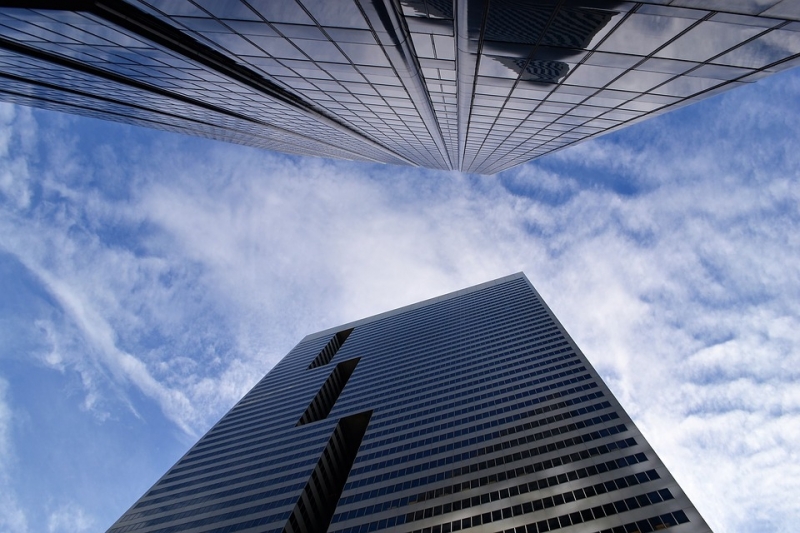“Corporate social responsibility” (CSR) has had a mixed reputation on its efforts to achieve environmental protection. Some view the rise of interest in CSR positively, especially as traditional methods of government regulation are hampered by political gridlock and not always up to date with the fast-paced development of current technologies. Others view CSR as “greenwashing,” allowing businesses to reap the benefits of being “green” without actually delivering positive impact for the environment.
In this month’s featured ELR article, Rise of the Shadow ESG Regulators: Investment Advisers, Sustainability Accounting, and Their Effects on Corporate Social Responsibility, Paul Rissman and Diana Kearney argue that new social and environmental reporting standards established by the Sustainability Accounting Standards Board (SASB) in November 2018 will help improve accountability for corporate environmental disclosure. They predict that the SASB’s new reporting standards, which make material nonfinancial reporting such as effects on climate change or human rights issues, will have implications on corporations’ stockholders and bondholders.
 Although these standards are voluntary and are not enforced by the U.S. Securities and Exchange Commission, they have been endorsed by major asset managers, and consumers will have the power to press for disclosing the impact of business on human rights and the environment, and even raise these issues in court. Moreover, due to the concentrated power that the asset managers exert on worldwide investment, they too have the ability to demand disclosure from corporations around the world. Thus, Rissman and Kearney maintain that these combined pressures to “keep up” with reporting standards may have large impacts on corporate responsibility for environmental protection.
Although these standards are voluntary and are not enforced by the U.S. Securities and Exchange Commission, they have been endorsed by major asset managers, and consumers will have the power to press for disclosing the impact of business on human rights and the environment, and even raise these issues in court. Moreover, due to the concentrated power that the asset managers exert on worldwide investment, they too have the ability to demand disclosure from corporations around the world. Thus, Rissman and Kearney maintain that these combined pressures to “keep up” with reporting standards may have large impacts on corporate responsibility for environmental protection.
This, they argue, may be the first step to a new accountability framework, where the corporate sector takes the lead to establish environmental and human rights protections. If it is successful, the authors predict and hope that the SASB model “will attain unprecedented power” in achieving positive social and environmental impacts.
ELI is making this featured News & Analysis article available free for download. To access all that ELR has to offer, including the full content of News & Analysis and its archive, you must have a subscription. To learn more, visit www.elr.info.
